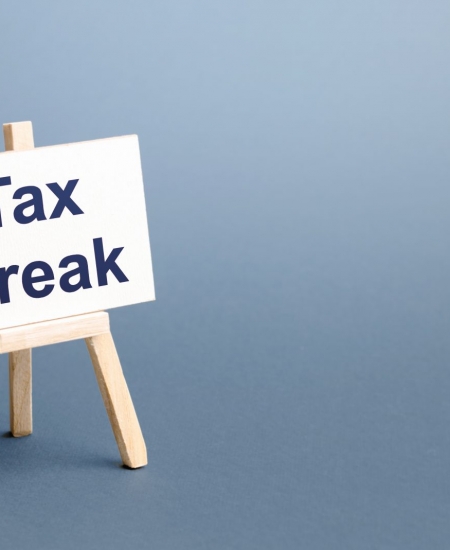
FBT car parking deferred
The draft taxation ruling TR 2019/D5, which had been slated to start from 1 April 2020, is to be deferred to a year later. The ATO says the decision to delay the start date was made on the back of significant submissions from employers indicating that more time was needed to implement the changes.
The final ruling will update taxation ruling TR 96/26 Fringe benefits tax: car parking fringe benefits (now withdrawn) to reflect contemporary commercial car parking arrangements and legal developments including the Federal Court decisions in Commissioner of Taxation v Qantas Airways Ltd [2014] FCAFC 168 and Virgin Blue Airlines Pty Ltd v Commissioner of Taxation [2010] FCAFC 137.
An updated version of Chapter 16 of Fringe benefits tax – a guide for employers will also be republished.
The ATO had received a significant number of submissions during consultation that it is currently working through. This includes feedback on the changed view for car parking stations that charge penalty rates to discourage all-day parking (formerly in paragraph 81 of TR 96/26 (now withdrawn) and now in paragraph 18 of TR 2019/D5), and the potential impact of this changed view on employers.
Recognising that employers will require time to implement these changes following finalisation of the ruling (which may be close to or after 1 April 2020), the ATO has determined that when the final ruling is published, any changes in view from TR 96/26 will apply from 1 April 2021.
Also on the ATO’s radar
Your employer clients will also want to know what the ATO is on the lookout for so they can avoid making costly mistakes or attracting the ATO’s attention. There are six items the ATO has flagged that relate to FBT, including:
- failing to report car fringe benefits, incorrectly applying exemptions for vehicles or incorrectly claiming reductions for these benefits
- mismatches between the amount reported as an employee contribution on an FBT return compared to the income amounts on an employer’s tax return
- claiming entertainment expenses as a deduction but not correctly reporting them as a fringe benefit, or incorrectly classifying entertainment expenses as sponsorship or advertising
- incorrectly calculating car parking fringe benefits due to
- significantly discounted or nil market valuations
- using non-commercial parking rates
- not having adequate evidence to support the calculated rates
- not applying FBT to the personal use of an organisation’s assets provided for the personal enjoyment of employees or associates
- not lodging FBT returns (or lodging them late) to delay or avoid payment of tax.
Being mindful of these FBT matters will help you stay off the ATO’s radar and stay on track with your FBT obligations.
You might also like to read this Car park FBT and valuations.